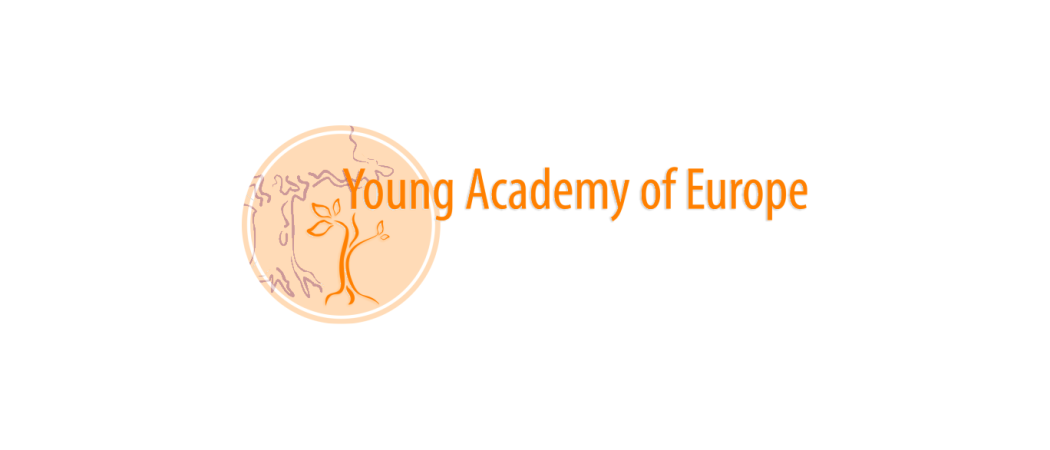
The Young Academy of Europe, a pan-European association of young scientists, is urging the European Commission to spend more money on bottom-up and blue-sky research under the EU’s next research Framework Programme (FP9) starting in 2021.
In a policy paper published in January 2018, the association argues that it is the role of public funders to finance groundbreaking approaches that are “deemed far-fetched and set aside by industrial stakeholders.”
Young scientists also want the evaluation of FP9 projects to rely less on bibliometric data. Journal impact factors and the h-index are “simplistic indicators”, the group says.
“For research proposals involving a group of people the Team Index, introduced by Rianne Letschert in her YAE 2017 Prize lecture to determine the diversity of competences within a team, should be considered,” the paper reads.
From the text
“Based on the positive results in bottom-up blue-sky research in Horizon 2020 (COST, ERC, Marie Skłodowska-Curie), the Young Academy of Europe urges the [European Commission] to make the continuation of these highly productive programs a top priority in FP9.”
“We urge the EC to make the administrative burden on researchers as small as possible, by following the efficient administrative handling of, e.g., the COST Association and ERCEA, and by moving the management workload to professional project managers, not researchers."
The full report is available here.





 A unique international forum for public research organisations and companies to connect their external engagement with strategic interests around their R&D system.
A unique international forum for public research organisations and companies to connect their external engagement with strategic interests around their R&D system.